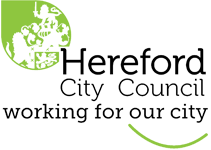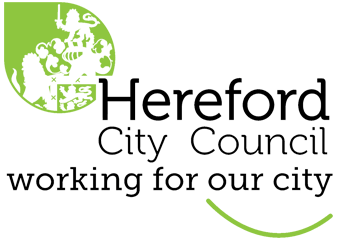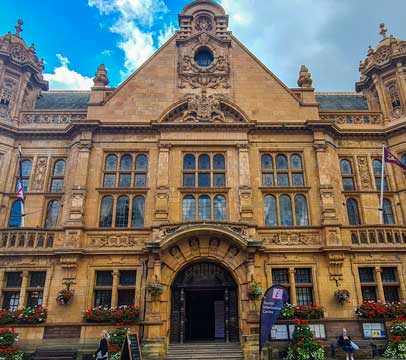Hereford City Council
Who We Are...
Hereford City Council is a Parish Council covering the City of Hereford, which is divided into 16 ward areas with a ward Councillor representing each area, with two wards having two Councillors, giving a total of 18. These City Councillors are elected by the public every four years, and candidates can put themselves forward regardless of their background. As a Parish Council, these Councillors come together to discuss City matters and review City Council activities.
A parish council is a local authority that makes decisions on behalf of the people in the parish. It is the level of government closest to the community, with the Unitary Authority (Herefordshire Council) above it in the hierarchy. The Parish Council is the authority closest to the people, and parish councils are invariably the first place people will go with concerns or ideas. For this reason they are a vital part of any community.
The council is made up of Councillors elected by the electors of the parish. Every year the council elects one Councillor to be The Mayor. The council has paid officers who organise meetings and help to carry out the council’s decisions. This team of staff support the City Council under the management of the Town Clerk, and also includes the Deputy Town Clerk, the Mayor’s Secretary, Administration, Finance and Information Officers, Mayor’s Officer and other office.
Parish Councils have a wide range of powers and make all kinds of decisions on issues that affect the local community. It’s true to say that on their own, parish councils have limited powers to make decisions. But they do have the ability to negotiate with, and the power to influence, those other organisations that do make the final decisions (such as the Unitary Authority, police etc). In this respect parish councils are extremely powerful. The organisations that make the final decisions know that a parish council gives the best reflection of how a community feels about something, and its views will be taken seriously. Primarily, parish councils look at local matters. They have the power to raise money through the council tax. The precept is the parish council’s share of the council tax. The precept demand goes to the billing authority, the Unitary Authority, which collects the tax for the parish council.
If you’ve never been to a parish council meeting before, you may be forgiven for thinking that parish Councillors are a group of people who meet now and then in a draughty village hall. If, however, you live in a community where something ‘big’ has happened, you’ll know that when people in the community need support and guidance, it is sometimes the parish council that is turned to. A City Councillor’s primary role is to represent their ward or division and the people who live in it. Councillors provide a bridge between the community and the council. City Councillors are elected public servants who are not paid, so their interests in becoming a Councillor are based purely on their desire to better their City.
By becoming a parish Councillor you become someone your community will look to for help, guidance and support, a community leader with the power to influence decisions for the benefit of the people you serve. Seeing your community change for the better, as a result of decisions you have helped make, is something that can give you a sense of achievement and pride.
The best way to find out what it’s like to be a parish Councillor is to talk to someone who’s doing it now. Come along to a parish council meeting or speak to one of our Councillors and find out what they think of the job.
Parish councils make all kinds of decisions on issues that affect the local community. At the City Council, Councillors contribute to the development of policies and strategies, including budget setting, and they can be involved in scrutinising council decisions, creating new community projects, voicing concerns or consulting on planning and licensing applications.
Council usually meet once every six weeks for the a meeting of full council, to which members of the public are also invited. Depending on the agenda set for the meeting to discuss, these meetings can take several hours. There are also committees to deal with specific subjects, such as planning, community issues, grant awards, governance of council, finance and key projects. In addition to these meetings, Councillors are required to attend other meetings representing the council. For example, acting as a representative on an outside body, community activities or helping develop a new project for the community.
All parish meetings are open to the public, and there is also an annual meeting which all parishioners are invited to attend. All of these meetings are advertised on the council notice board. Residents can bring to the attention of the parish council anything that concerns them, either directly or though the clerk. If matters raised are not the responsibility of the council, the clerk can bring them to the attention of the proper authority.
Hereford City Council also plays a civic role and appoints each year from one of its members the role of Civic Mayor and Chair of the Council. There are numerous civic events its Councillors must attend throughout the year at which you will be expected to robe in the correct attire and for some will be on civic procession. Councillor’s robes and hats are provided by the council, but you will be expected to provide and wear your own white cotton gloves.
The office of a civic mayor is a role that is often demanding and frequently governed by attending official events. While the powers of the civic Mayor may have diminished over the years, the role has retained its importance in the history and cultural heritage of our country. The ‘first citizen’, as the Mayor is sometimes known, can come from any class, gender or ethnic background and has a key democratic role to play. After being elected by fellow Councillors (once a year, during May), he or she must act apolitically, so that council business can be carried out efficiently, upholding the rights of Councillors and the interests of the community.
The civic mayor may also support local initiatives aimed at providing benefit to the community, and appoints a local or sometimes two local charities to be ‘The Mayors Charity’ for the duration of their year, typically ones which benefit the City. However, it is probably the mayor’s ceremonial role that most people are familiar with. Mayors are frequently invited to attend events in the community, such as openings and fundraising events organised by voluntary and charitable organisations. Fundraising events may also be held for the Mayor’s Charities.
Once elected, parish Councillors sit on the council for a period of four years. If they then want to stay in the post they can stand for re-election. If a Councillor should step down during their four years, a local election will then be called for their ward and a new Councillor will be elected.
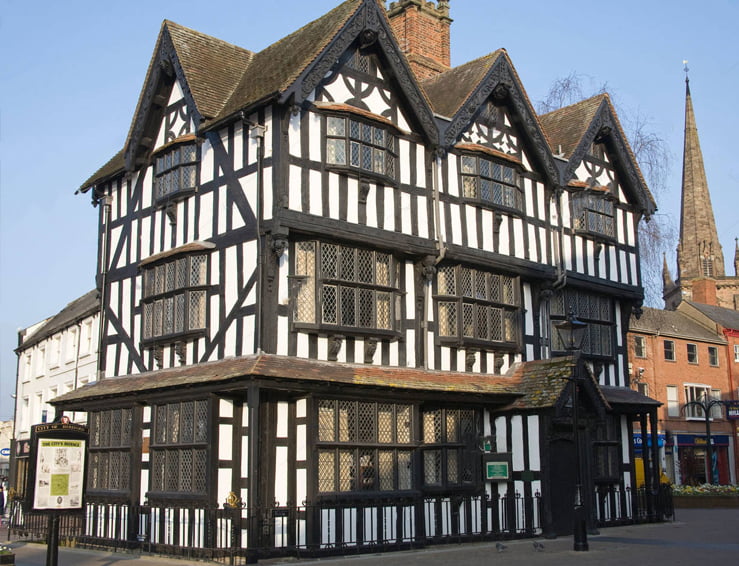
Am I eligible to be a
Parish Councillor?
To stand for election on a parish council, you must:
- be a UK or commonwealth citizen, or;
- be a citizen of the Republic of Ireland, or;
- be a citizen of another Member state of the European Union;
- be at least 18 years old.
To be eligible to stand for an election for a particular parish, you must:
- be an elector of the parish, or;
- for the whole of the previous 12 months have occupied (as owner or tenant) land or other premises in the parish, or;
- during the previous 12 months have worked in the parish (as your principal or only place of work), or;
- for the whole of the previous 12 months lived in the parish or within three miles of the parish boundary.

